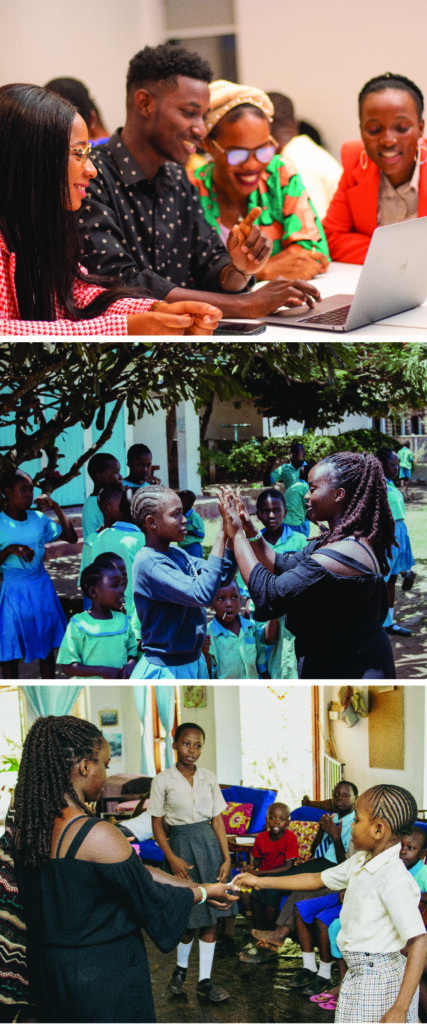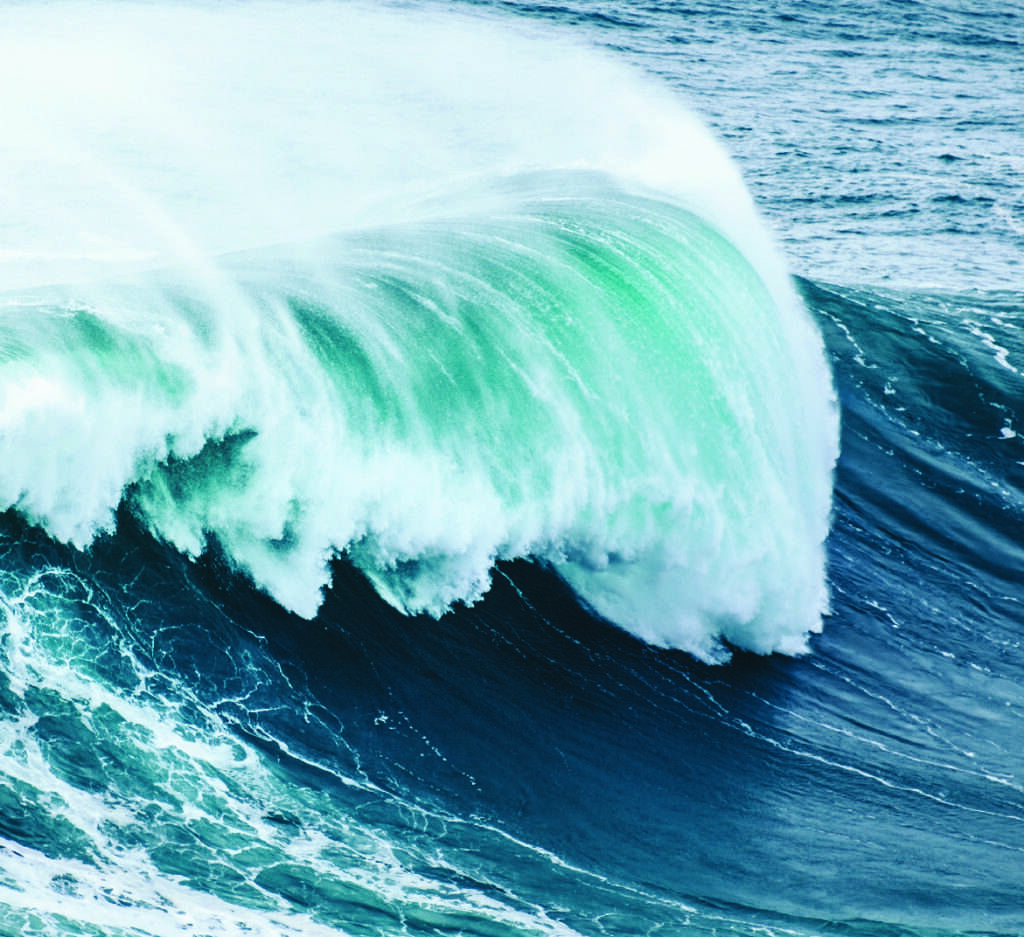




The ALU School of Wildlife Conservation is the first of its kind on the continent, dedicated to growing the next generation of world class conservation leaders in Africa.
The continent needs home grown African leaders to spearhead new and innovative approaches in the business of conservation.
Bumbogo, Kigali Innovation City, Next to Azam, Kigali, Rwanda
Phone: +250 784 650 219
sowc@alueducation.com